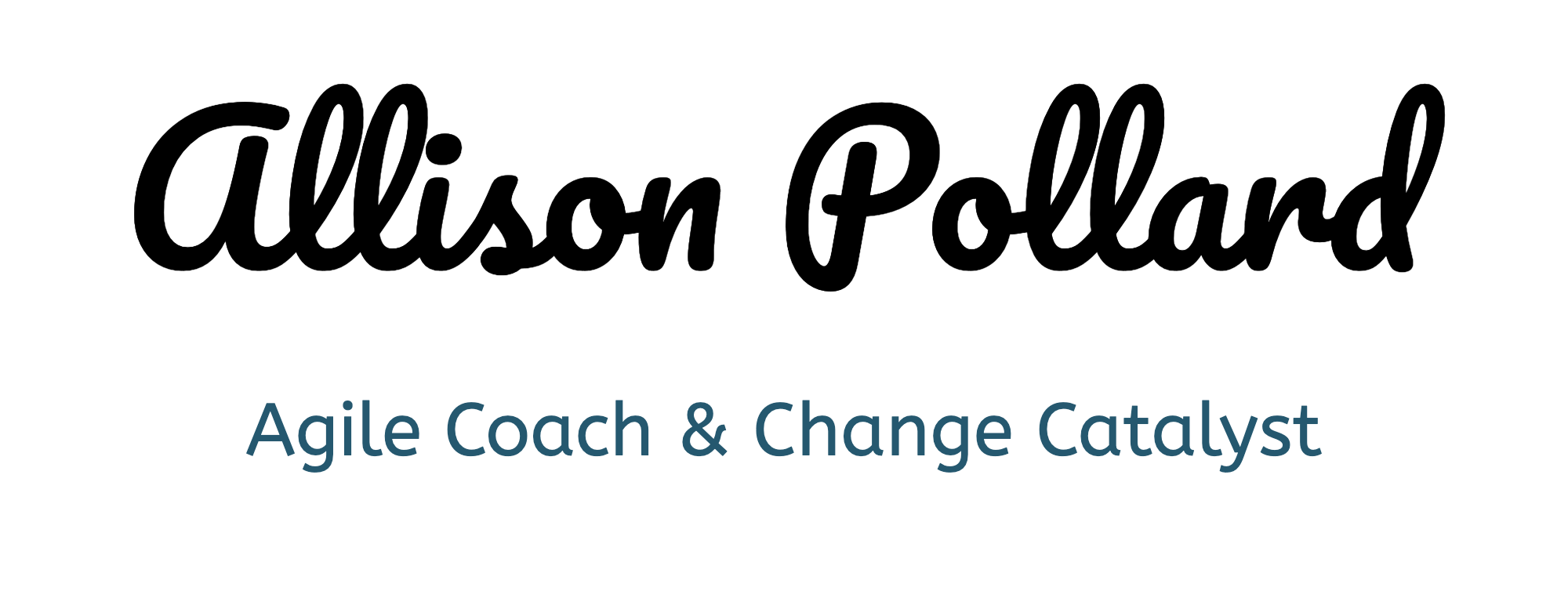Maximizing the Amount of Work Not Done through Lean Product Management
My first real job after I graduated college was as a project manager for a website development company. It was a small organization, which enabled me to get experience in the full lifecycle from sales proposal to design, development, deployment, enhancements, and operational support. I interacted with clients by day and offshore developers by night. There are lessons from that first job that stick with me today in influence how I work.
I've also been embracing more lean product management into my work. Many agilists apply a form of personal kanban in their professional or personal lives. In my experience, it’s something else to add using Lean Startup, product katas, or taking a hypothesis-driven approach to where we put our time and energy.
Over the last year, I've been developing a mentorship program for women. I’ll be honest: the program isn't where I would have anticipated it would be by now. The pandemic is one factor in that. The bigger reason is because we consciously decided not to create a big backlog to create and launch a full-fledged mentorship matching program. While we know these exist in other places and may be able to learn from them, it would still be risky for us as a new program.
That can be a difficult truth to digest: your risks in launching a new product are not mitigated just because other organizations have done something similar.
We could make something that would look like a mentorship program, function like a mentorship program, and maybe even have a positive effect for a few people. Overall though, it may not meet the underlying needs of our constituents and achieve our ultimate goal. Those other organizations have already figured out who their customer or user base is, learned how to address their needs, and determined how to make this work for their operations. We need to do the discovery work for ourselves and validate what we’re building as we go along. What we’ve discovered so far has taken us into a different direction than I originally anticipated, which has me even more excited about the program we’re developing.
When I find myself creating a bunch of backlog items—in our case, more than five items—I pause. Put down the pen and take a step back. What do we know so far, and what do we not yet know? What's our greatest product risk? We're focused on value risk right now, and that helps me eliminate tasks that would have us busy doing something but making many guesses in further developing this mentorship program.
Working through a backlog and getting stuff done can feel rewarding. Busy can even feel good sometimes. This product thinking approach is challenging yet exhilarating, and I’m enjoying it. We’re maximizing the amount of work not done! And I'm excited to see what we learn next and how this new mentorship program continues to evolve.

